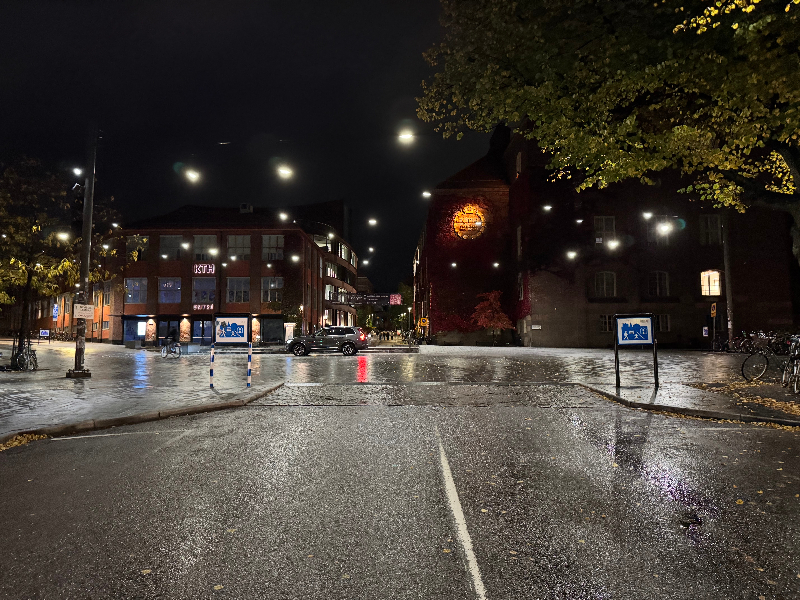Course description
To develop your skills to recognize and include both your own and others specific multiplicities of positions and variations within and beyond normative perceptions of place you will be introduced to in this course to specific research and design practices relating to children's rights and the UN Convention on the Rights of the Child, on spatial accessibility in relation to cognitive disabilities, on perceptions of gender discrimination and rasism in architecture, and on feminist art and design practices.
You will work individually and in groups with two assignments. The individual assignment will give you an opportunity to summarize and reflect on a selection of particular positions and perspectives. In the group assignment you will together with your peers pursue a site-analysis at an assigned location. You are expected to produce a representation of the site that includes and articulates a variety of positions that you have studied in your individual assignment and that you find relevance for at the site.
The presentations will be presented to the whole course and discussed in mixed peer-groups on the final course day.
The course is based on lectures, seminars, material production and a final presentation.
